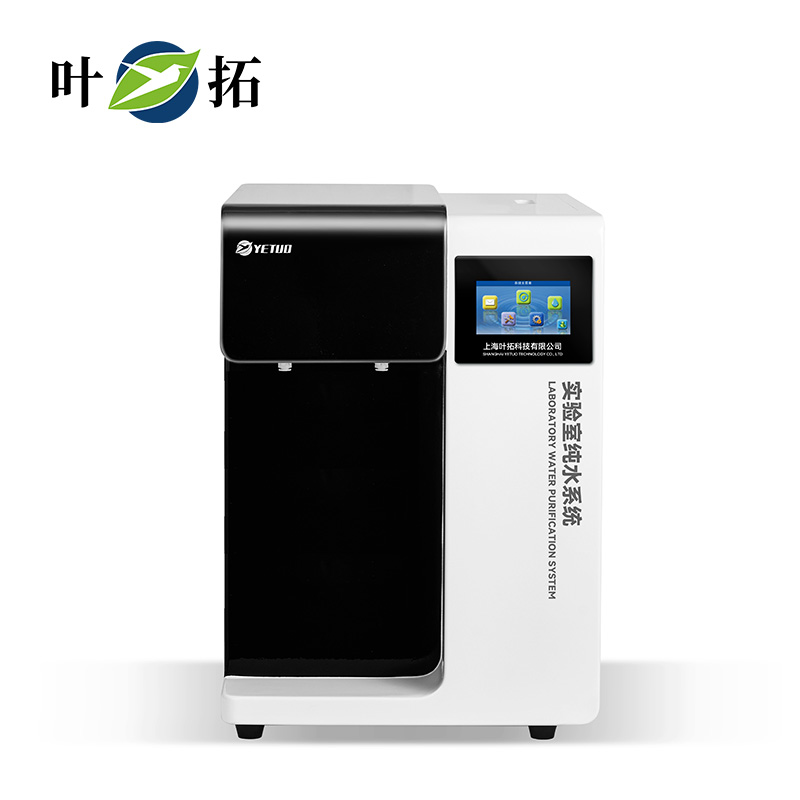During the process of producing high-purity water, the Shanghai Yetuo ultrapure water machine undergoes a series of water treatment steps, such as reverse osmosis, ion exchange, and electrodeionization, to remove ions, microorganisms, and organic matter from the water. During these treatment processes, some impurities in the water will be removed and concentrated in the wastewater.
The main purpose of wastewater discharge is to ensure the stable operation and long-term use of ultrapure water machines, for the following specific reasons:
Impurity accumulation: Impurities in water will gradually accumulate in the treatment equipment and filter element of the ultrapure water machine. If not eliminated in time, it will reduce the purity and stability of the water quality, affecting subsequent experimental and analytical results.
Preventing pollution: Removing impurities from wastewater may contain toxic substances, microorganisms, or organic compounds. If not discharged in a timely manner, it may pose potential risks to the laboratory environment and the health of operators.
Equipment maintenance: Discharging wastewater also helps protect the equipment and filter element of the ultrapure water machine, preventing impurities from accumulating inside the equipment and affecting its normal operation and lifespan.
Environmental protection: Impurities in ultrapure water machine wastewater may cause pollution to the environment, such as the discharge of harmful substances that may have a negative impact on water sources and soil. By properly treating and discharging wastewater, the impact on the environment can be reduced.
It should be noted that the discharge of wastewater should comply with relevant laws, regulations, and environmental protection requirements. Laboratories should establish corresponding wastewater treatment systems to ensure compliant treatment and safe discharge of wastewater, in order to reduce negative impacts on the environment.


 Alibaba Store
Alibaba Store Tmall Store
Tmall Store Jingdong Sstore
Jingdong Sstore







